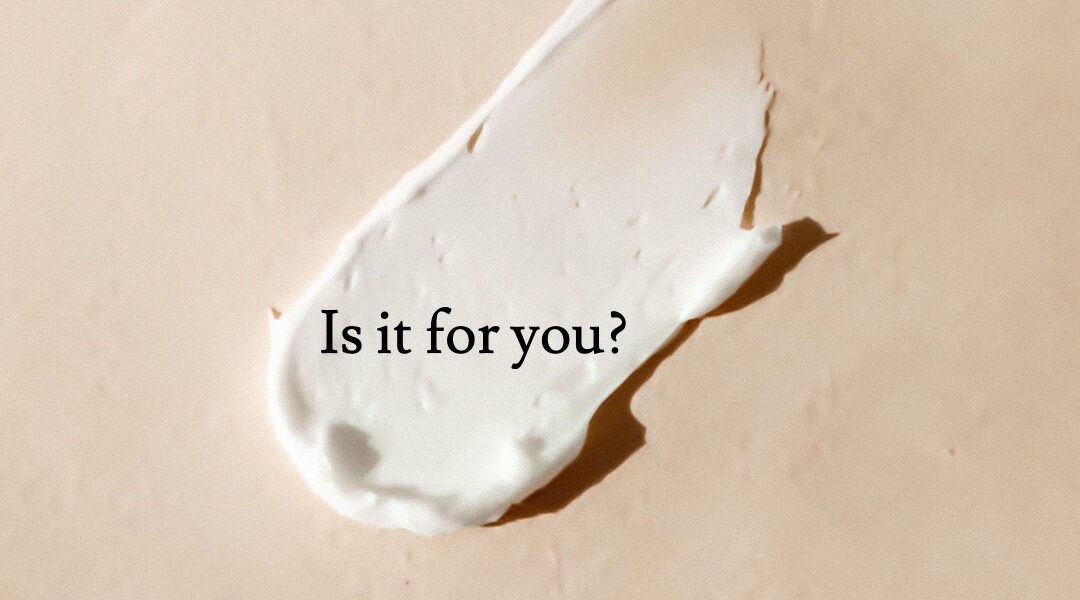In the world of skincare, there’s always a new product or ingredient making headlines. But one ingredient that has stood the test of time is retinol. You may have heard of it, but what exactly is retinol, and should it be a staple in your skincare routine? Let’s take a closer look at what the experts have to say.
Retinol is a form of vitamin A that’s commonly found in skincare products. It’s been around for decades and is hailed as one of the most effective ingredients for combating signs of aging, such as wrinkles, fine lines, and uneven skin tone. But what makes retinol so special?
According to dermatologists and skincare experts, retinol works by stimulating collagen production and increasing cell turnover. This means that it helps to plump up the skin, making it appear firmer and smoother, while also speeding up the rate at which dead skin cells are shed, revealing fresher, more youthful-looking skin underneath. In other words, it’s like hitting the reset button on your skin, helping to reverse the signs of aging and sun damage.
But retinol isn’t just for those looking to turn back the clock. It’s also an effective treatment for acne, thanks to its ability to unclog pores and reduce inflammation. And because it promotes cell turnover, it can help fade acne scars and hyperpigmentation over time, leaving behind clearer, more even-toned skin.
So, should you rush out and buy every retinol product you can find? Not so fast. While retinol can work wonders for many people, it’s not without its drawbacks. For starters, it can be irritating to some skin types, especially when used in high concentrations or combined with other active ingredients like alpha hydroxy acids (AHAs) or benzoyl peroxide. This can lead to redness, peeling, and sensitivity, particularly in the early stages of use.
Additionally, retinol can make your skin more sensitive to the sun, so it’s essential to wear sunscreen daily to protect your skin from UV damage. And because retinol can be drying, it’s important to use a moisturizer to keep your skin hydrated and balanced.
So, is retinol something you should have in your skincare routine, or should you toss it in the trash? Ultimately, it depends on your skin type, concerns, and tolerance. If you’re looking to combat signs of aging, acne, or hyperpigmentation, retinol could be a game-changer for you. But if you have sensitive skin or are prone to irritation, you may want to start with a lower concentration and gradually build up as your skin adjusts.
Retinol is a powerful ingredient with the potential to transform your skin. It’s backed by decades of research and is recommended by dermatologists worldwide for its ability to combat signs of aging, acne, and hyperpigmentation. However, it’s essential to use it responsibly and listen to your skin’s needs to avoid irritation and sensitivity. With the right approach, retinol could be the key to unlocking your best skin ever.


Recent Comments